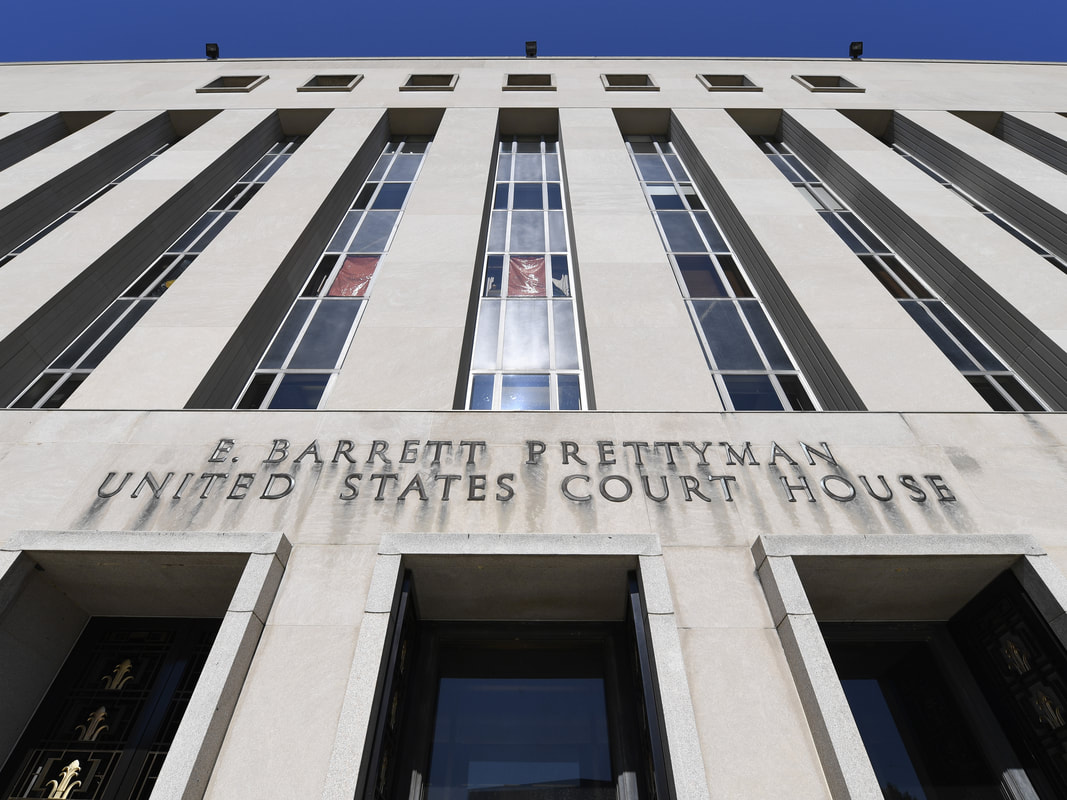|
PPSA today filed a brief asking the U.S. Supreme Court to consider a petition to require the federal government’s secret surveillance court to release its opinions to the public. In April, the American Civil Liberties Union filed that petition asking the Supreme Court to review the constitutionality of the secret operations of the Foreign Intelligence Surveillance Court (FISC) and the superior Foreign Intelligence Surveillance Court of Review (FISCR). FISC opinions, the brief notes, “rarely see daylight” – a stark exception to the access the public has to other judicial proceedings and rulings. PPSA asks the Supreme Court to consider whether the First Amendment provides a qualified public right of access to significant opinions of FISC. The brief also asks the Court to allow FISCR to consider an appeal from the denial of such a motion. How can the American people learn of, debate, and cast informed votes relating to what the Executive Branch—or, for that matter, FISC or FISCR—is doing in their names if the government refuses to disclose that information? “How can the American people learn of, debate, and cast informed votes relating to what the Executive Branch—or, for that matter, FISC or FISCR—is doing in their names if the government refuses to disclose that information?” PPSA asked the Court. The brief notes abuses by administrations of both parties have been long kept from public view by the secretive nature of ex parte FISC and FISCR proceedings.
“It is impossible to know how many misrepresentations like those in the Carter Page applications have allowed the government to circumvent the Fourth Amendment’s warrant requirement and surveil particular United States citizens, even without probable cause.”
“For the public to selectively learn of limited examples of secret wrongdoing only long after the fact … undermines constitutional checks and balances by making such disclosure a further tool of the Executive in power at any given moment.”
PPSA is asking the Court to require FISC and FISCR to publicize their decisions – subject to necessary redactions – just like any other court under Article III of the U.S. Constitution. In the USA Freedom Act of 2015, Congress authorized qualified experts to examine the civil liberties issues in significant cases before the secret court. Despite ruling on many high-profile cases with civil liberties implications, FISC rarely appoints such an amicus. Calling this law “the veneer of adversity,” PPSA’s brief notes that the FISC appointed only two such amici in 2020, despite hundreds of government applications. For all these reasons, and more spelled out in the brief, PPSA asks the Court to rule in favor ACLU’s petition. Comments are closed.
|
Categories
All
|


 RSS Feed
RSS Feed